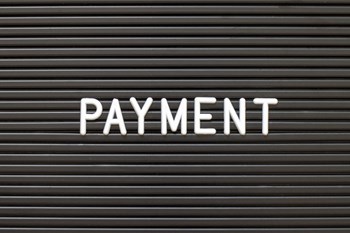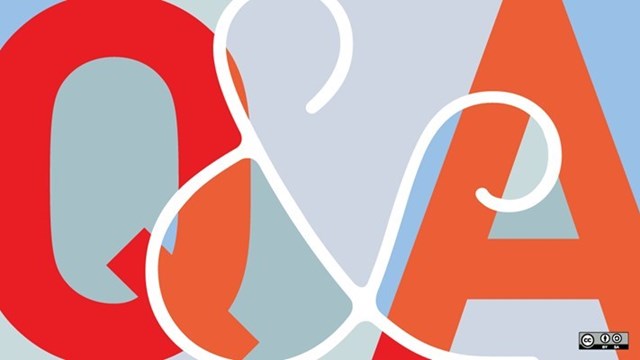
The Community Associations Institute (CAI), a global nonprofit provider of resources and information for homeowners, volunteer board leaders, professional managers, and business professionals, released a Statement of Foreclosure Moratorium to address financial hardship arising out of the COVID-19 pandemic.
In the statement, released on March 31, CAI urged boards of condominiums, housing cooperatives, and homeowners associations to suspend all foreclosure actions for 60 days — at least until June 1. It also recommended waiving penalties and late fees for this period, but emphasized the importance of full and timely payments by members who are able to make them, to ensure the general solvency and operations of the association.
Dawn M. Bauman, CAI’s senior vice president of government and public affairs, explained why continuing to collect assessments and other fees is essential to an association’s ability to pay its bills, provide essential services, and acquire financing for continued operations. Failing to maintain this income also may impact the ability of a potential purchaser to obtain a mortgage.
In remarks to Yahoo! Finance regarding CAI’s statement, Bauman said that “Today, we’re witnessing condominiums and homeowners associations closing common areas—including clubhouses, gyms, playgrounds, pools, and more—to comply with government regulations. Some residents who may not be familiar with the financial model of the community association may compare the association’s exercise facility with a gym membership and wonder why they need to continue to pay if it isn’t open or available for use. Despite common area closures, these facilities still need to be cleaned and maintained, and they are still owned by the association.”
The six principles proposed in the statement follow. To read the statement in full, go to https://www.caionline.org/Pages/covid19foreclosures. To read more about CAI’s resources for homeowners and community associations regarding COVID-19, visit www.caionline.org/coronavirus.
1. If an owner is unable to pay assessments on time, the owner should notify their community association to work out a payment plan. Homeowners with a financial hardship should be encouraged to apply for government assistance, if available.
2. Community associations should adopt a moratorium on foreclosures for a period of 60 days (or until at least June 1, 2020).
3. Community associations should waive late fees and penalties for owners who face temporary financial hardships due to
COVID-19.
4. Community associations should amend, temporarily relax, or follow existing non-foreclosure collection policies that are fair and applied equally to all members of the community association.
5. Community associations should continue to record liens to protect their interests.
6. Community associations should emphasize the importance of owners paying their assessments on time, if possible.









Leave a Comment